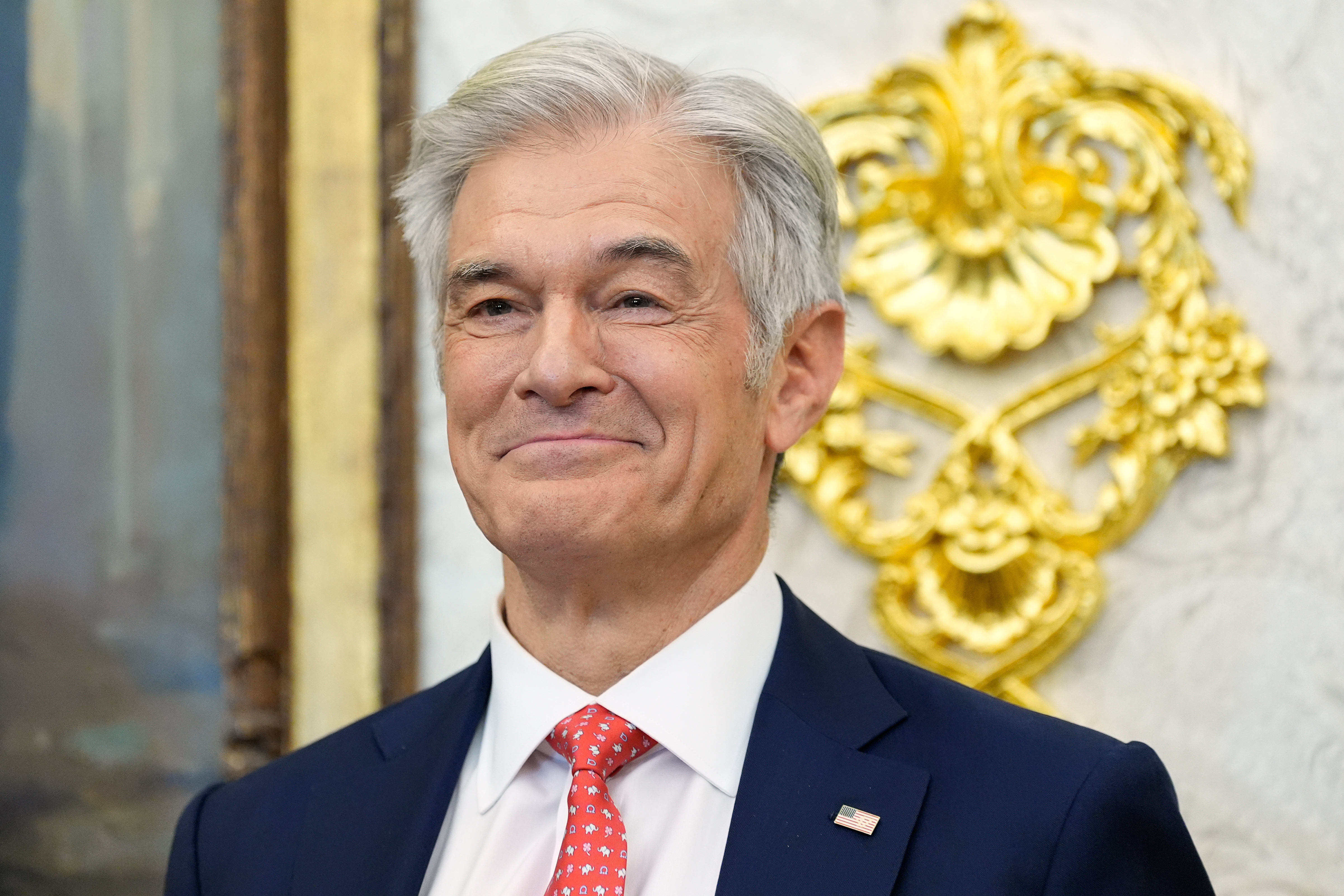Before James Foley's execution by ISIS militants, his captors apparently demanded a ransom.
The New York Times reported Wednesday the militants demanded a $100 million ransom payment.
And that has put the U.S.' policy on ransom payments — namely that it doesn't make them — in the spotlight.
Consider the number of journalists kidnapped during the war in Syria and the suspected responses of several European governments. (Video via CNN)
SKY NEWS: "The interesting question is that those French journalists were released in April because a ransom was paid. So why couldn't the same have been done for James Foley?"
Those French journalists were freed in April after close to a year in captivity, and many speculated the French government paid their ransoms. The French government denied those claims. (Video via DHA)
Then there were two Spanish journalists who were also abducted in Syria. They were freed this past spring, and although the government revealed a deal had been brokered, it wouldn't comment on whether a ransom was paid. (Video via El Mundo)
BLOOMBERG: "European hostages are being released because people are paying for ransom. Now the Islamic State comes to the U.S. and says, 'Obviously you're going to do the same thing.' ... The U.S. says no, and U.S. hostages are in infinitely more danger because of that."
But some argue the more governments pay up for their abducted citizens, the more profitable those abductions become.
As The Wall Street Journal reports, "Only U.S.-designated state sponsors of terror now provide more money to violent extremist groups than ransoms do," according to one U.S. official who estimated "$120 million in ransom flowed to such groups from 2004 to 2012 and that since then, Yemen's al Qaeda branch alone has collected at least $20 million."
The U.K. — which is working to identify Foley's executioner, who had a British accent — is one of the only other countries with a similar ransom policy. (Video via The Telegraph)
Even Israel, seen as having one of the most hard-line policies when it comes to relations with Islamist militants, has negotiated ransoms in the past, freeing 1,027 Palestinian prisoners for the return of Gilad Shalit. (Video via Prime Minister of Israel)
So what does the U.S. do when it comes to freeing prisoners? It has turned to rescue missions in the past — which we recently learned was also the case with Foley.
That has led to some high-profile successes, like the rescue of six diplomats from the U.S. Embassy in Iran — dramatized in 2012's "Argo" — but also some high-profile failures. Just months after that rescue came the catastrophic Operation Eagle Claw, which led to the deaths of eight servicemen and a failure to free any more hostages. (Video via Warner Bros. / "Argo," ITN)
In Foley's case, administration officials told outlets Wednesday the U.S. military attempted a secret rescue operation for Foley but were unable to find him. While officials say they never planned to reveal the failed mission publicly, The New York Times has suggested they might have done so to counter criticism the U.S. government didn't do enough to save Foley.










